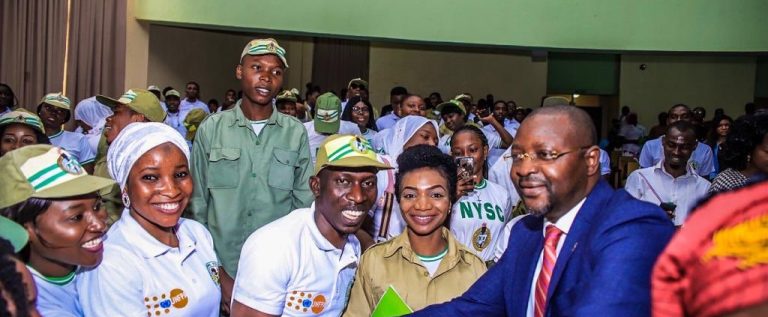NFF’s Controversial Re-appointment of General Secretary Sparks Outcry Over Alleged Defiance of Presidency, Civil Service Rules

![]()
In a move that has sent shockwaves through the Nigerian football community, the Nigeria Football Federation (NFF) has reportedly defied the directives of the Presidency and flouted established Public Service Rules (PSR) by extending the contract of Mohammed Sanusi as General Secretary for an additional three years.
Sources close to the situation have revealed that Sanusi, who has held the position since 2015, was granted a new contract set to run from January 1, 2025, to December 31, 2027. This decision has not only raised concerns about the NFF’s adherence to governance protocols but has also presented a significant challenge for the newly-formed National Sports Commission (NSC), which was tasked with reorganizing the NFF secretariat with fresh leadership.
Despite mounting allegations of corruption, incompetence, mismanagement, and nepotism during his nine-year tenure, Sanusi’s re-appointment has been championed by past and present NFF leadership under the guise of ensuring continuity. However, critics argue that the move is driven more by personal interests than the welfare of Nigerian football.
It has come to light that Sanusi himself has actively lobbied high-ranking government officials to secure his continued tenure, which reportedly comes with a monthly salary of $10,000. This lobbying effort has raised questions about the transparency and integrity of the decision-making process within the NFF.
As a parastatal under the Federal Government of Nigeria, the NFF receives budgetary allocations and operates under the purview of public servants. While the position of General Secretary was traditionally filled through secondment from the Sports Ministry, recent years have seen a shift towards contract appointments aimed at attracting top talent. The NFF Executive Committee, empowered by its Statutes, has the authority to appoint the General Secretary.
However, the extension of Sanusi’s contract beyond the stipulated period has sparked debate over compliance with the Federal Government Public Service Rules. These rules stipulate that contract appointments are temporary, non-pensionable, and for a specific duration. According to PSR 2021 020402, the duration of a contract appointment should not exceed four years in total, with renewals limited to one or two years each, as outlined in PSR 2012 020405 (7).
Moreover, concerns have been raised about the lack of federal character in the current NFF leadership, with both the President and the General Secretary hailing from the Northwest region. This imbalance has further fueled calls for a more inclusive and purpose-driven approach to leadership within the federation.
In light of these developments, critical stakeholders are urging for a reevaluation of the NFF’s leadership structure to align with the directives issued by the Presidency. The need for fresh and competent individuals to guide the NFF towards a brighter future has never been more pressing, as the integrity and credibility of Nigerian football hang in the balance.




